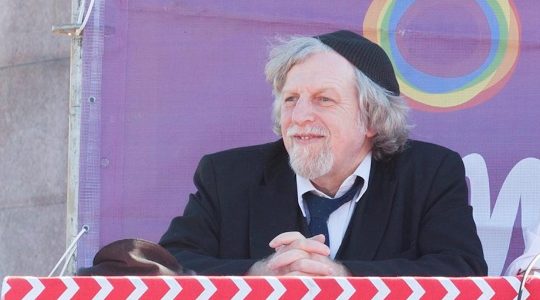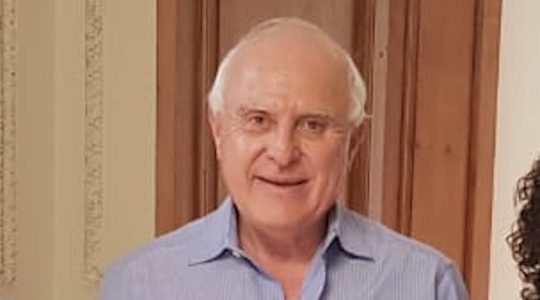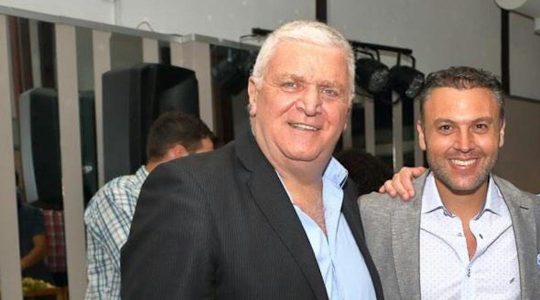JERUSALEM (JTA) — While Mark Steiner may have been one of the most important philosophers of mathematics of the past half century, it was his warmth, humor and love of Judaism that most endeared him to his colleagues.
The Hebrew University professor died of COVID-19 on April 6. He was 77.
Born in the Bronx in 1942, Steiner received an Orthodox day school education before entering Columbia University, where he graduated with a degree in mathematics in 1965. After a Fulbright Fellowship at Oxford University, Steiner went on to receive his doctorate from Princeton before returning to Columbia as an instructor for most of the 1970s.
Steiner moved to Israel in 1977 and became the chair of the philosophy department at Hebrew University in the 1990s.
“He was a bit of a character,” recalled Hebrew University historian Reuven Amitai. He was “a good man and well respected by his colleagues. It is sad that he left us it was before his time.”
In his most famous book, “The Applicability of Mathematics as a Philosophical Problem,” published in 2002, Steiner argued that man’s ability to discover natural laws means that the universe is innately “user friendly.”
“Mark’s view was that the universe makes sense, the universe is built in a way that corresponds to the way people think and the way we order our values and priorities in life,” Carl Posy, a philosopher at Hebrew University and a friend of Steiner’s, told JTA. “There is meaning and reason in things.”
The overlap between Steiner’s Jewish commitments and his academic interests was evident in his tendency to use rabbinic anecdotes to illustrate his points while arguing with his colleagues, according to one remembrance published online. His religious inclination also led to a series of studies, including a research project in which he drew parallels between the medieval Jewish philosopher Maimonides and the 18th-century Scottish thinker David Hume. Steiner also translated a series of previously unknown Jewish philosophy books from Yiddish to English.
“He was a loyal friend,” Posy said, recalling how Steiner and his wife Rachel volunteered to organize a celebration for his son after his wedding, catering elaborate meals for dozens of guests.
Steiner is survived by his wife and five children.
JTA has documented Jewish history in real-time for over a century. Keep our journalism strong by joining us in supporting independent, award-winning reporting.






